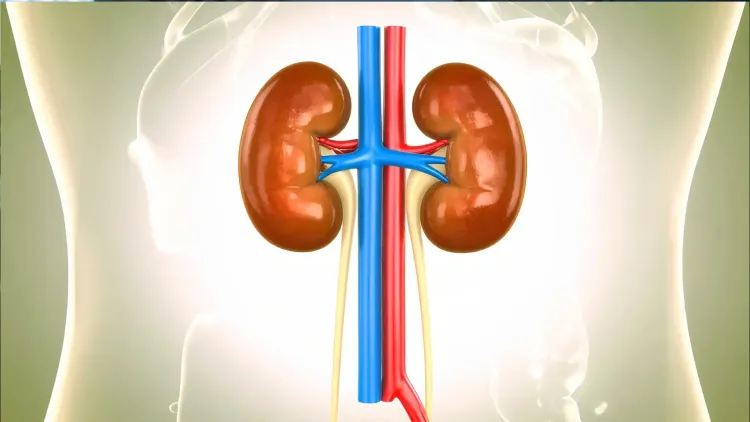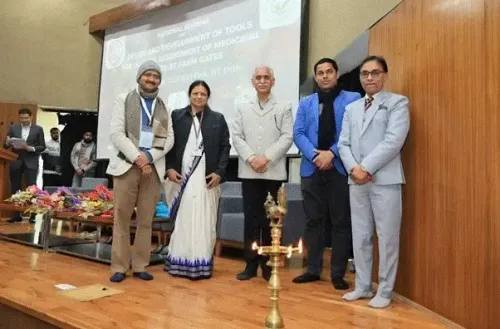Are Young Night Shift Workers More Prone to Kidney Stones?

Synopsis
Key Takeaways
- Young night shift workers are at a higher risk of kidney stones.
- The risk is influenced by lifestyle factors such as hydration and BMI.
- Disrupted circadian rhythms can lead to various health issues.
- Employers should prioritize the health of night shift workers.
- Kidney stone disease can have long-term health implications.
New Delhi, Oct 1 (NationPress) A recent study indicates that young individuals working night shifts face a heightened risk of developing kidney stones. The research, published in the journal Mayo Clinic Proceedings, revealed that these shift workers experience a 15% increased risk, particularly among younger employees and those engaged in less manual labor.
Factors such as body mass index (BMI), hydration levels, and various lifestyle habits significantly influence the formation of kidney stones.
Long-term night shift work, characterized by working hours that deviate from the traditional daytime schedule, disrupts circadian rhythms, affects metabolism and hormonal balance, alters lifestyle choices, and contributes to negative health outcomes.
Lead researcher Yin Yang from the Department of Epidemiology at Sun Yat-sen University in China stated, 'Our findings suggest that shift work correlates with a greater likelihood of kidney stone occurrences, partially linked to several lifestyle factors such as smoking, sleep patterns, fluid intake, and BMI.'
The study analyzed data from over 220,000 participants, examining the relationship between the type, frequency, and duration of shift work and kidney stone events over a median follow-up of 13.7 years.
Kidney stone disease is a prevalent and preventable urological condition, with an estimated global prevalence ranging from 1% to 13% across various regions. It is also associated with an increased risk of cardiovascular diseases, chronic kidney disease, and renal failure, contributing to a significant long-term health burden.
The formation of kidney stones is affected by a combination of intrinsic and extrinsic factors, including genetics, diet, physical activity, BMI, and other lifestyle choices.
In an editorial accompanying the study, Felix Knauf from the Division of Nephrology and Hypertension at the Mayo Clinic in the US noted that individuals working night shifts exhibited the highest risk of developing kidney stones.
'Shift work primarily disrupts circadian rhythms. Homeostasis and overall health rely on physiological systems, most of which are regulated by the biological clock that governs the periodicity and effects of circadian rhythms,' Knauf commented.










